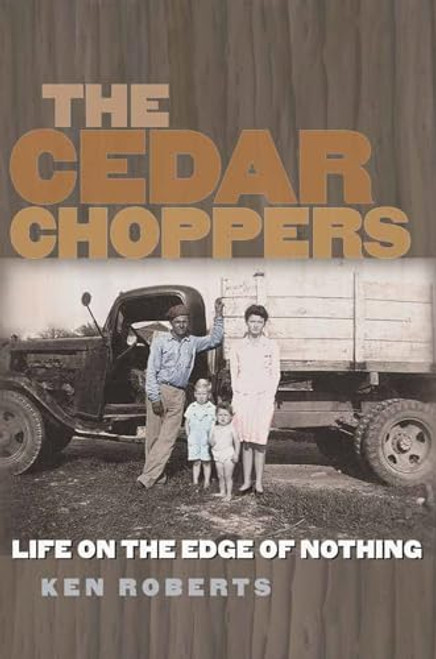An outstanding contribution to the historiography of the American West and likely will remain for a long time the definitive work on the Texas Panhandle. Ernest Wallace As one born in the region, Rathjen is sympathetic to it, but he is also understanding of it; there is little Chamber of Commerce stuff in his story. Robert G. AthearnThe Texas Panhandleits eastern edge descending sharply from the plains into the canyons of Palo Duro, Tule, Quitaque, Casa Blanca, and Yellow Houseis as rich in history as it is in natural beauty. Long considered a crossroads of ancient civilizations, the twenty-six northernmost Texas counties lie on the southern reaches of the Great Plains, where numerous dry creek beds and the Canadian River have carved the region appropriately named the High Plains.Through these plains and their canyons, ancient peoples trailed game for the hunt. The Panhandle provided choice grazing lands for bison, and as the region became more familiar to ancient tribes, semipermanent camps marked the landscape. Yet when Coronado's conquistadores crossed the High Plains in search of fabled wealth and found sun-baked adobe instead of gold, they declared the region a wasteland. Likewise, the Republic of Texas found little use for their vast plains landconsidering settlement of the frontier far too dangerous. Not until the late-nineteenth century, as the U.S. Army waged war on the Comanches, Kiowas, and Cheyennes who lived there, did Panhandle tracts of frontier open to hard-bitten settlers who had to prove themselves as indomitable as they were land hungry.Departing from the premise that the Panhandle frontier is but a brush stroke on . . . [the] much larger canvas of previous frontier histories, Rathjen challenges the work of Frederick Jackson Turner and Walter Prescott Webb, and proves that regional is by no means synonymous with provincial.
The Texas Panhandle frontier (The M. K. Brown range life series, no. 12)
MSRP:
Was:
Now:
$18.51 - $300.00
(You save
)
(No reviews yet)
Write a Review

Write a Review

The Texas Panhandle frontier (The M. K. Brown range life series, no. 12)
- SKU:
- UPC:
- 9780292780071
- Maximum Purchase:
- 3 units
- Binding:
- Hardcover
- Publication Date:
- 1973-12-21
- Author:
- Frederick W Rathjen
- Language:
- english
- Edition:
- First Edition

Mesa Vista Ranch Boone Pickens Oasis in the Texas Panhandle
MSRP:
Was:
Now:
$82.72 - $122.90

Brand: Texas AnM University Press
Through Fire and Flood: The Catholic Church in Frontier Texas, 1836-1900 (CENTENNIAL SERIES OF THE ASSOCIATION OF FORMER STUDENTS, TEXAS A & M UNIVERSITY)
MSRP:
Was:
Now:
$23.29 - $300.00

Brand: Univ of Wisconsin Riverfalls Pr
Frontier Woman: The Life of a Woman Homesteader on the Dakota Frontier
MSRP:
Was:
Now:
$20.00 - $300.00

Texas A&M University Press
The Cedar Choppers: Life on the Edge of Nothing (Volume 24) (Sam Rayburn Series on Rural Life, sponsored by Texas A&M University-Commerce)
MSRP:
Was:
Now:
$22.97 - $30.62

Forever Texas: A Thrilling Western Novel of the American Frontier (A Forever Texas Novel)
MSRP:
Was:
Now:
$8.90 - $17.01

History of Texas Christian University: A College of the Cattle Frontier
MSRP:
Was:
Now:
$22.06 - $49.60

Scott Zesch
The Captured: A True Story of Abduction by Indians on the Texas Frontier
MSRP:
Was:
Now:
$10.10 - $20.60

Brand: Texas AM University Press
One Woman's Army: A Black Officer Remembers the WAC (Texas A & M University Military History Series, #12)
MSRP:
Was:
Now:
$28.44 - $36.47

Brand: University of Oklahoma Press
Life and Adventures of Joaquin Murieta: Celebrated California Bandit (The Western Frontier Library Series)
MSRP:
Was:
Now:
$22.10 - $27.10
!

